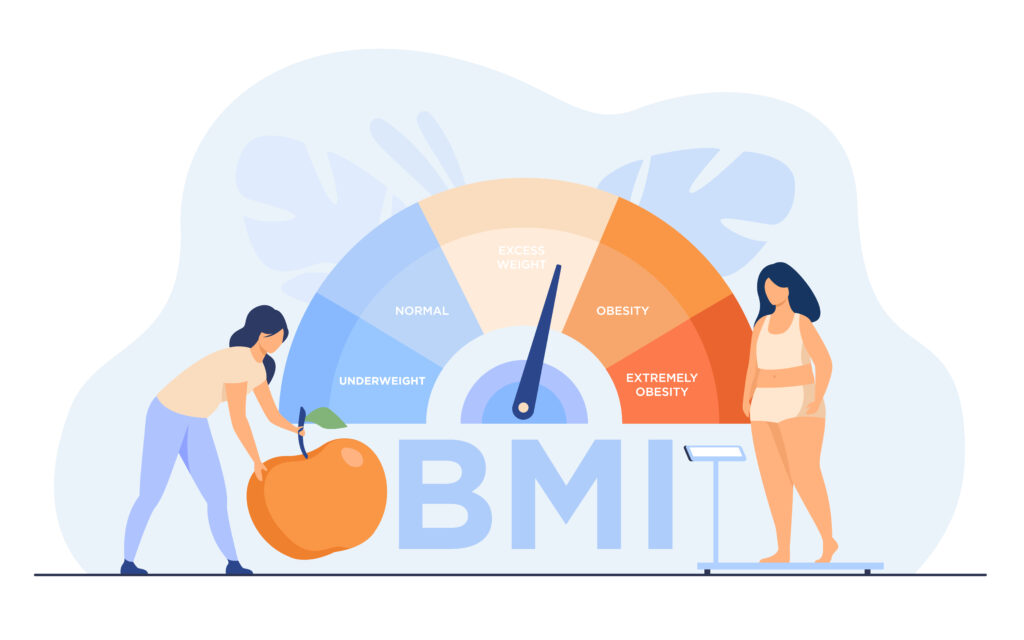Most women have a love-hate relationship with their monthly period. They meet its arrival with annoyance and apprehension, while being frustrated and anxious over any delays. Here, we take the mystery out of your delayed periods, with a list of the most common reasons why your chums might be holding out on you.

IS YOUR PERIOD LATE?
First things first: what is normal? The average length of the monthly cycle is 28 days. If your Aunt Flo comes and goes like clockwork, more power to you, because some of us have to wait for her visit with bated breath. The time between any two menstrual cycles can range between 21 to 35 days, and in some rare cases, even 40 days, with the first day of your period marked as the beginning of your cycle.
REASONS, CAUSES AND TREATMENT OPTIONS FOR DELAYS
Pregnancy
If you’re sexually active, then this is the Number One reason you need to look into. Note that using contraception does not automatically mean you cannot get pregnant, as all contraceptive methods have some margin of error. Use a home pregnancy test kit to check if you are pregnant. If so, congratulation on your double line! We hope it comes as a welcome surprise, and not an unpleasant shock.
Menarche and menopause
It is normal for cycles to be longer when you first start menstruating (menarche) as well as to peter out in the run up to your menopause (cessation of the period).
Primary Amenorrhea
This is a condition where menarche or the first period is delayed even after 15 years of age, or five years from the first signs of puberty. Reasons may include anatomical variations in the vagina and/or cervix, hormonal imbalances such as due to PCOS or issues with the pituitary gland and hypothalamus, and genetic abnormalities. Medical advice is an absolute must.
Breastfeeding
The hormone prolactin needed for milk production, also hinders ovulation, thus, it could be months or even more than a year before you start menstruating regularly again, following childbirth. Menstruation is kept at bay by a high-frequency feeding pattern, so you may have irregular periods when your start dropping feeds.

Contraception
Birth control pills and other medicated forms of contraception often work by tweaking the levels of estrogen and progestin in your body. It takes 3-6 months for the menstrual cycle to stabilize again after you go off contraceptives.
Chronic Stress
A fast-paced lifestyle and high levels of chronic stress messes with your body’s hormonal balance, and is the reason behind thousands of disease conditions, one of which are period irregularities. Practice mindfulness, slow down, and don’t hesitate to seek professional advice to deal with situations beyond your coping capacity.
Percentage of Body Fat
Changes in body fat is linked to hormonal imbalances. Extremely underweight women as in those who suffer from anorexia nervosa and bulimia, women with very high body fat percentages such as those suffering from obesity, and some sportswomen who train excessively and have very minimal body fat, may experience delayed periods, or develop secondary amenorrhea, which is the reversible cessation of the menstrual cycle for six months or more. Treatment for delays due to body fat problems usually involves changes to lifestyle, diet and exercise routine to maintain a healthy body weight.

Polycystic Ovarian Syndrome (PCOS)
This is a widespread condition in which high levels of the male hormone androgen is produced, causing cysts to form on your ovaries, which hinder or reduce ovulation, leading to period irregularities, fertility issues and a host of other unpleasant symptoms. Treatment usually involves hormonal therapy, symptomatic relief and lifestyle modification.
Premature Ovarian Insufficiency (POI)
Is a condition in which the natural functioning of your ovaries is disrupted causing a reduction in egg production and ovulation, inducing menopause to gradually set in prematurely in the early forties. POI causes fertility issues and delays in periods. The condition might be a result of ovarian surgery, cancer treatments, genetic disorders and autoimmune conditions.
Thyroid
An overactive (hyperthyroidism) or underactive (hypothyroidism) thyroid gland has adverse effects on the body’s metabolism, and thus also has an effect on the menstrual cycle. Treatment involves hormonal therapy, lifestyle modification or surgery.
Hyperprolactinemia
An overproduction of prolactin, a pituitary hormone that normally helps in breast milk production, is a side effect of some antidepressants and antihypertensive medication. Similarly, an over-active pituitary gland caused by non-cancerous tumor may also stimulate excessive prolactin production. Treatment may include changing medications, or radiation and surgery to deal with the tumor.
Chronic diseases
Certain conditions like diabetes (rare), celiac disease, Cushing syndrome, congenital adrenal hyperplasia and Asherman’s syndrome may cause delays in your period.
CONCLUSION
Always keep in mind that your normal may not be the next woman’s normal. As you go through the various stages of your life, you will experience changes in your body and external circumstances that may cause the occasional miss in your menstrual cycle. This generally does not need to be a cause for concern. A woman is on her period for approximately seven years of her life, so that’s ample opportunity for your body to correct any waywardness!

Check out our Natural Remedies for Irregular Periods that you can try at home to get your menstrual cycle back on track.
With that being said, a reminder to consult a doctor if, more often than not, your period runs late, and you experience other unpleasant symptoms as well. The earlier you receive a diagnosis, the sooner you can get better, which naturally means that you can finally quit micro-analyzing your vaginal discharge for signs of blood, every time you use the bathroom.

